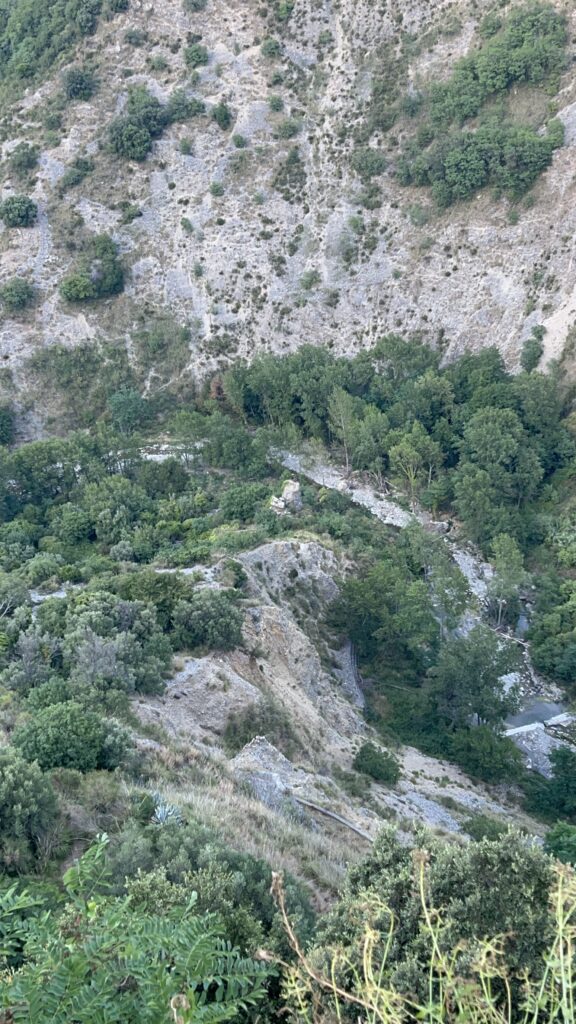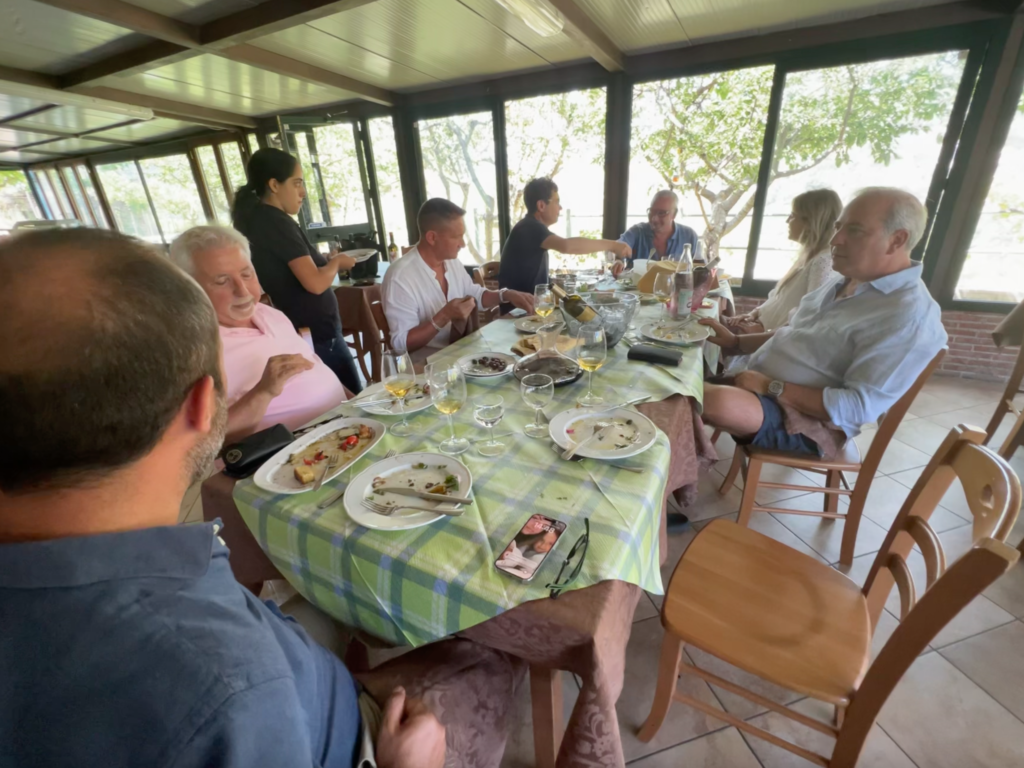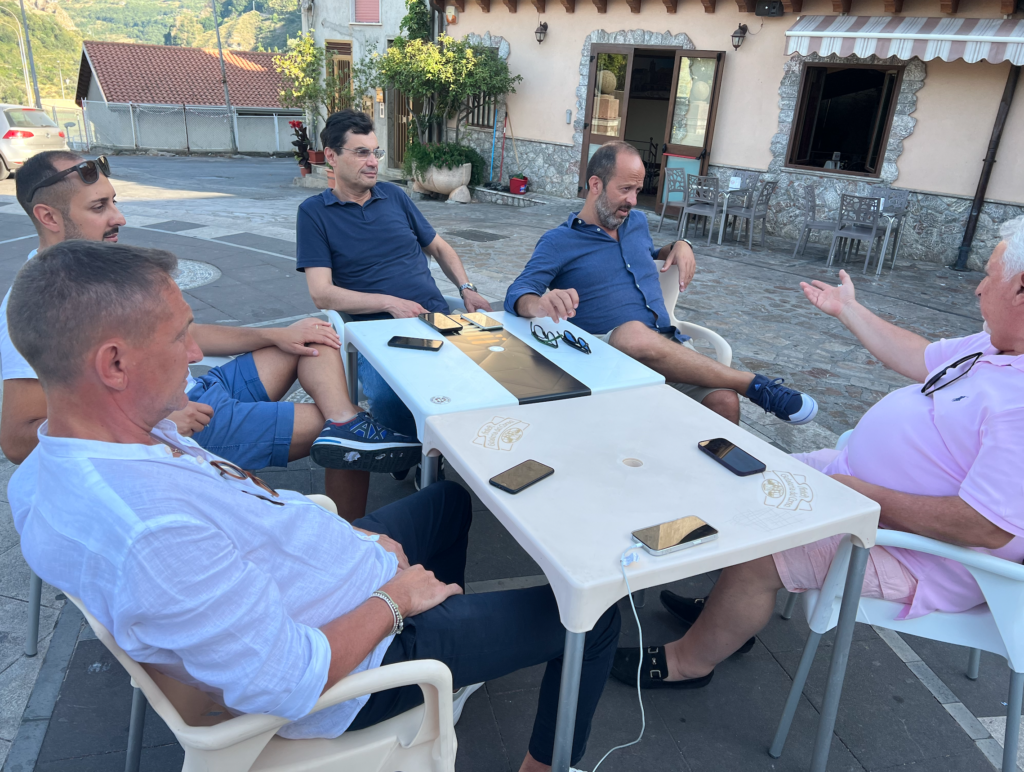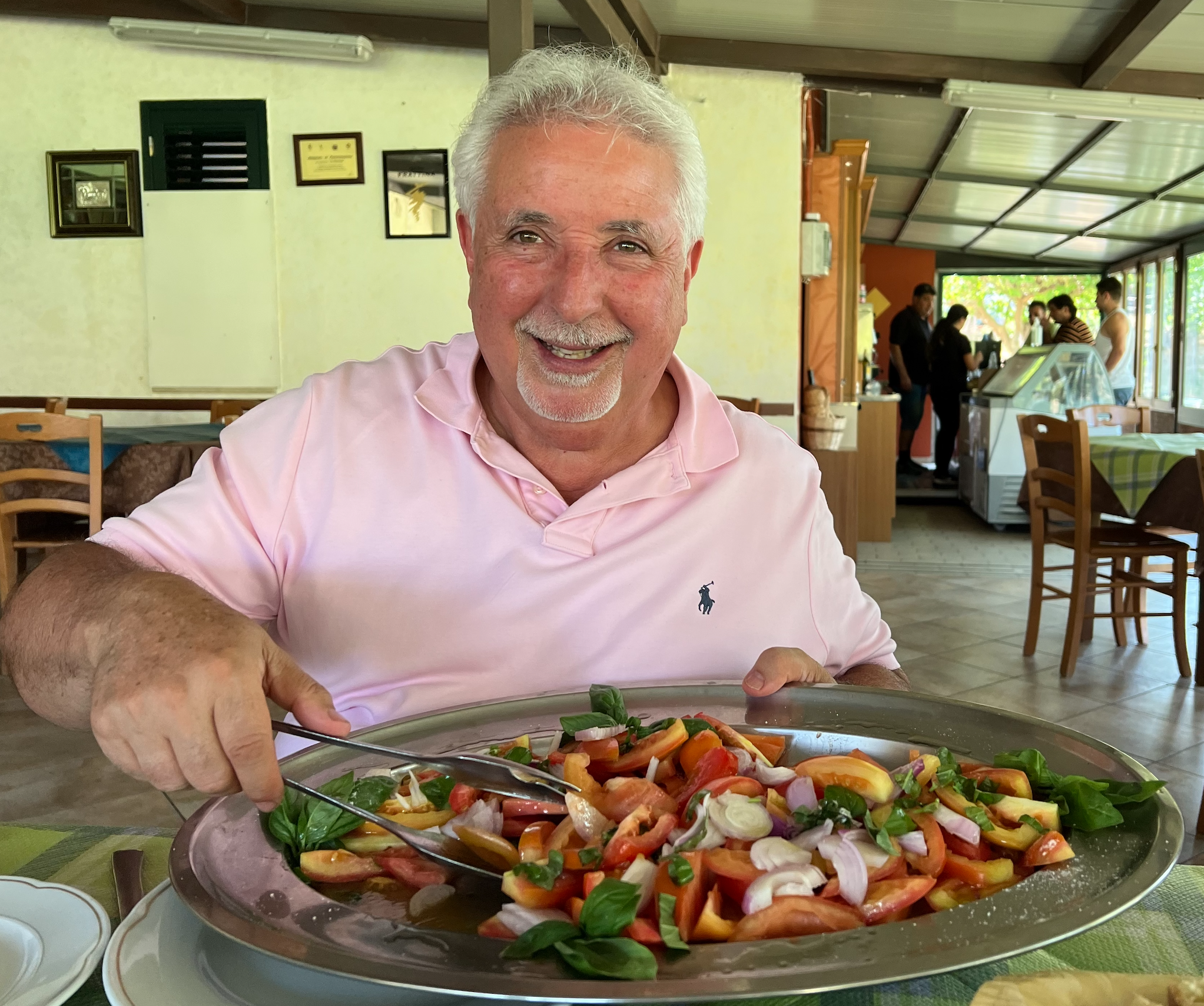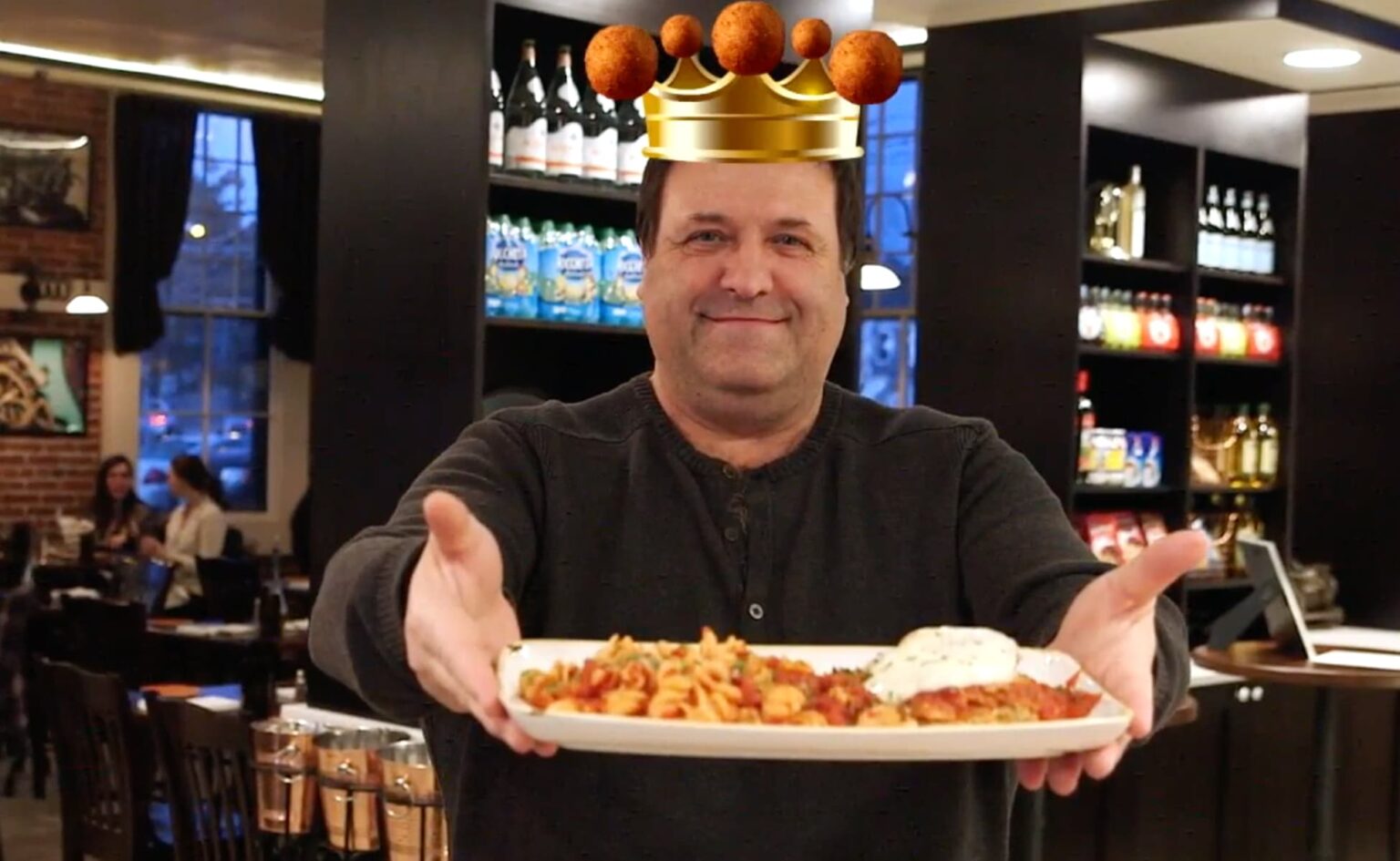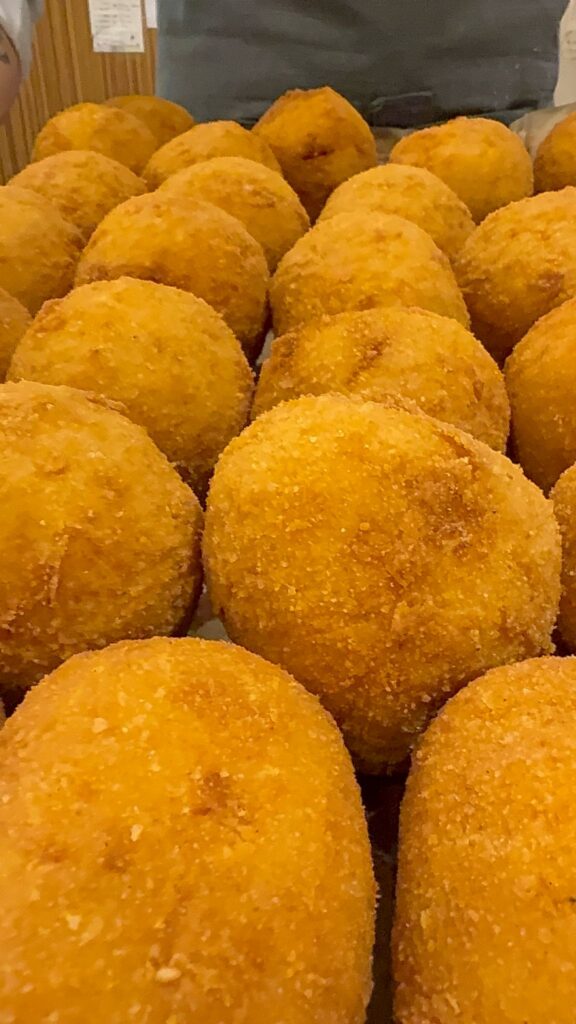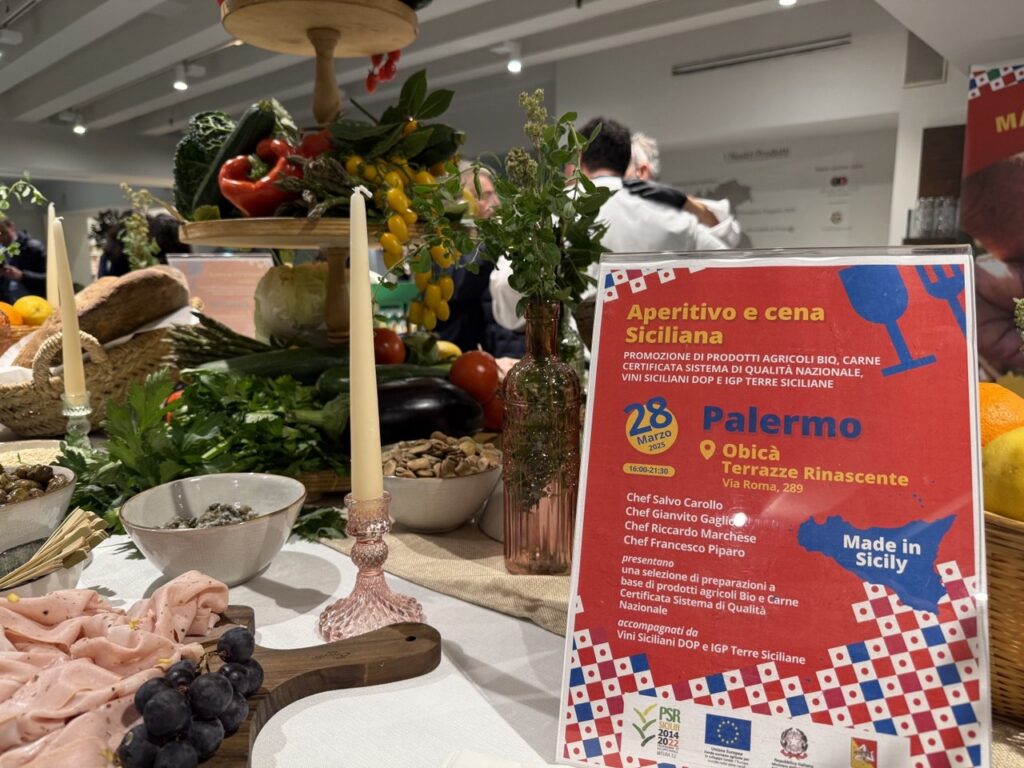Some stories touch and inspire not just for the tales they tell, but for the wisdom concealed in the narratives’ folds.
They are simple, impactful stories, and you don’t realize why they’re endlessly fascinating until it becomes clear: it’s not just the story, but the forces that drive it, that make it unique and enchanting.
The story here revolves around a boy who leaves the impoverished hinterlands of Sicily and his family of honest rural workers to explore the world. Beginning his journey in Galati Mamertino, a community nestled within the Nebrodi mountains, and ending up in Los Angeles, over a lifetime, this boy brings the culture of Italian and Sicilian cuisine to new places. Alongside his brothers, he builds a mini-empire of a dozen restaurants, establishing some of Los Angeles’ most renowned restaurants, expanding to Dubai and the UAE, employing around 800 people, and grossing tens of millions of dollars.
In short, this tale holds the twists and turns worthy of a blockbuster movie. Initially heading to Pisa to become a mechanical engineer, and even turning down a job offer that only two out of over 200 students received, he chose a different path. Having worked as a dishwasher in an eatery in Pisa to pay for his studies and soon finding himself managing the kitchen, he opted for culinary artistry over a full-time job.
He pours his heart into his work, experimenting, studying, standing out. One day, a job offer arrives for a restaurant in Los Angeles, including a round-trip ticket in case things don’t pan out. Without telling his family for fear of disapproval, he takes the leap. He never used the return ticket, though he visits Italy every year.
One can’t help but wonder if he still keeps that ticket somewhere, a testament to a life that might have taken a different turn without courage, self-belief, and a thirst for knowledge.
How many “return tickets” do we all use in moments of despair, challenges, and fears?
In the tranquil narrative of Celestino, as the man who was that boy is named, everything proceeded as it should, and every obstacle, adversity, and deceit encountered gently slides into the story, as though no true adversity existed in this lengthy journey. Strikingly, there’s no self-celebration. In an era where we broadcast every success to appear strong and self-assured, Celestino shows strength and confidence by doing just the opposite.
It’s easy to imagine how tough it was, step by step, choice after choice, for a boy from the Sicilian hinterland, speaking no foreign language, to make it in one of the world’s wealthiest and most competitive cities.
The conversation over lunch wafts between his father’s recipes, childhood tales in Galati Mamertino, and the ambitions that still drive him to try and experiment, like the one about wanting to make the best wine in the area, said as he points to his vineyard. As he issues the challenge to himself we already know that that wine already exists. It exists in his head, just like everything he made before. Probably this is what makes the story flow so easily, and how Celestino, through his choices, has essentially determined those of the brothers who now share in his challenges and enterprise. Like when he returned and enrolled his brother Calogero in hotel school and then took him with him to Los Angeles. Celestino has a project, which is probably the most difficult thing for a Sicilian to conceive.
The strength of this tale is sustained by invisible facts, and it is mostly the emotions you sense in the stories of his brothers, Giacomino, who today shares restaurant openings around the world with Celestino, and does nothing to hide his immense admiration for his older brother. Tanino, the ‘bad’ boy of the family, and Pino who stayed in Galati Mamertino to take care of his parents. Also in Los Angeles is Calogero, the brother enrolled in hotel school without his knowing it, whom I never had the pleasure of meeting, and his sister Carolina, who shares the adventures of the Drago family with her husband Armando, also in Los Angeles.
When you ask Celestino the secret of his success, he has no doubt that it’s a team success. In his eyes, it’s undeniable that without the fortunate backbone of a large family to trust and lean on, without brothers who’ve been more than just partners—true companions on this incredible journey, none of this triumph would have been possible. From a leader of such caliber, we could expect no less. After all, Mandela once wrote that a leader stays behind the flock, not in front of it.
Delving into the narrative folds, the true engines powering this story are curiosity and a desire for knowledge, which encompasses a genuine interest in others. Without this drive, Celestino would not have explored, formed relationships, or taken action.
Especially vital is the strong connection with his origins, the places, and people of his childhood. A connection so potent, it makes those places wings, not shackles.
Perhaps this is the turning point, the different interpretative key to this story, which rightly deserves to grace the pages of a novel. Celestino Drago, the boy who is now an internationally renowned chef, maintains a robust bond with his homeland, returning every year, and it’s from this relationship that he nourishes his business, his art, his successes. However, he lives, feels, and acts as a citizen of the world and of Los Angeles. His memories and tales are never melancholic; his gaze is not on distance as something missing, but on distance that opens up opportunities and fresh perspectives, for himself and others. Just like the tomato and onion salad, which perhaps truly encapsulates the essence of this story.
When we met in New York, Celestino shared that even today, in their home, the tomato and onion salad, their father’s favorite dish, never fails to grace every meal. A dish they prepared for themselves after restaurant service hours. Over time, this dish has evolved into one of the most popular and requested in their kitchen, turning into panzanella with the addition of stale bread, following Tuscan tradition.
The dish, initially prepared almost to preserve a connection with home, becomes a magnificent opportunity in Los Angeles to narrate Sicily and Italy and, why not, to generate income, even becoming the name of one of the group’s restaurants.
In this lunch, brimming with tales and rich with inspirations and emotions with the Drago family, at a certain point, the tomato and onion salad makes its appearance on the table. I notice it immediately among the courses. I felt a shiver, more than a thousand words could have induced, I received confirmation that Celestino’s story is utterly true, and this is actually the reason why you’d never tire of hearing it be told.
